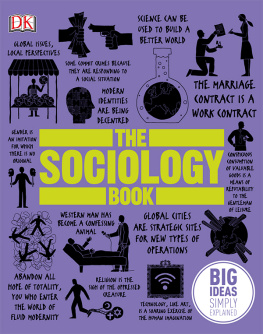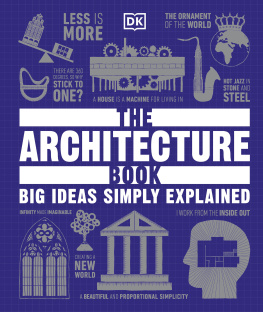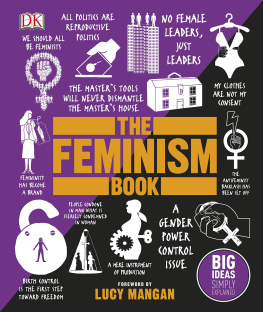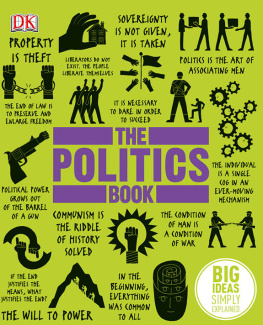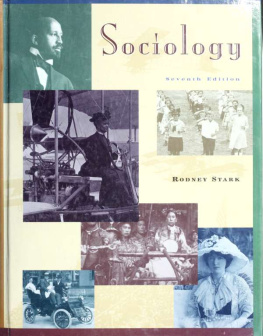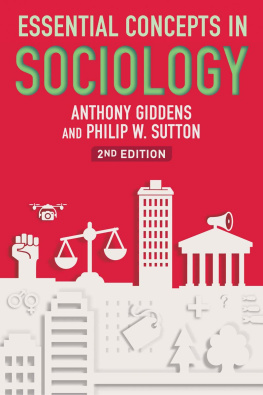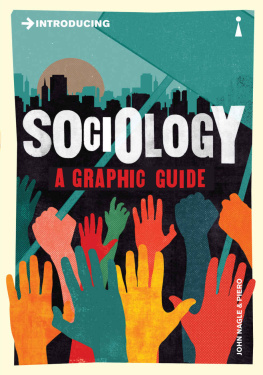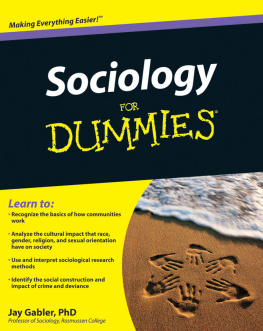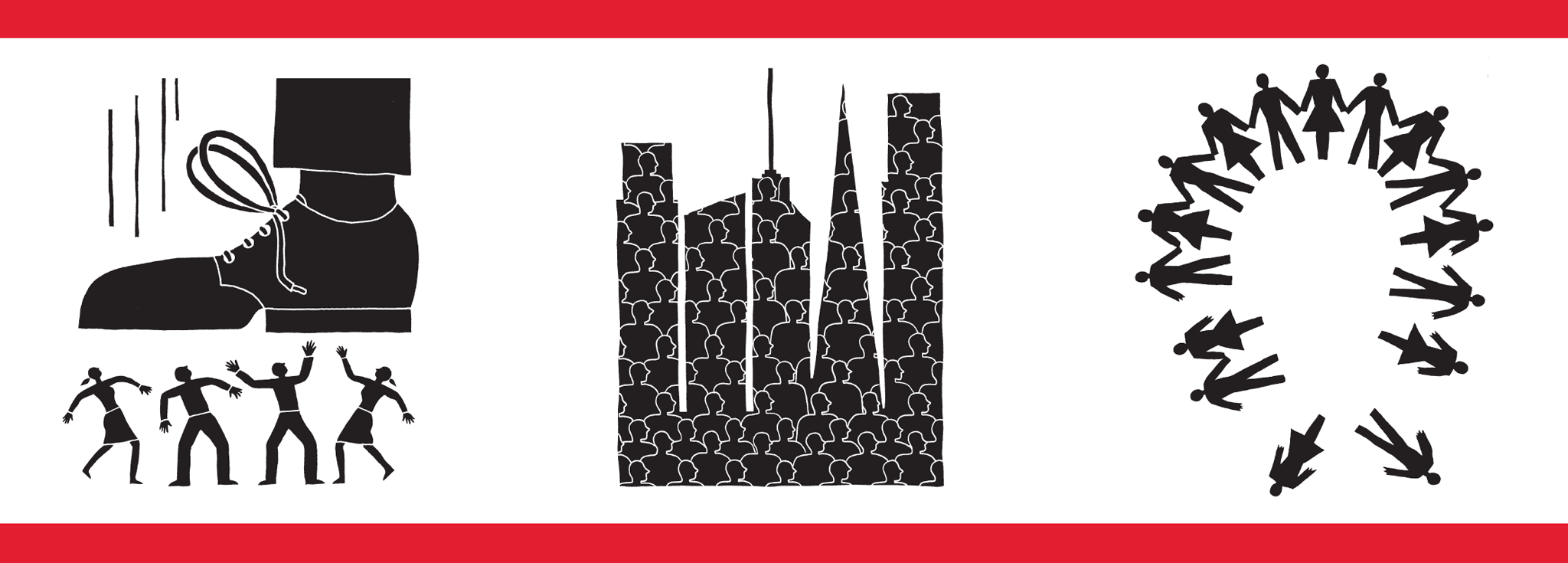DK London
Senior Editor Sam Atkinson
Senior Art Editor Amy Child
Editors Alexandra Beeden, Miezan van Zyl
Managing Editor Esther Ripley
Managing Art Editor Karen Self
Publisher Liz Wheeler
Art Director Phil Ormerod
Associate Publishing Director Liz Wheeler
Publishing Director Jonathan Metcalf
Jacket Designer Laura Brim
Jacket Editor Claire Gell
Jacket Design Development Manager SophiaTampakopoulos
Senior Producer, Pre-Production LucaFrassinetti
Senior Producer Gemma Sharpe
Illustrations James Graham
DK Delhi
Jacket Designer Dhirendra Singh
Senior DTP Designer Harish Aggarwal
Managing Jackets Editor Saloni Singh
original styling by STUDIO8 DESIGN
produced for DK by COBALT ID
Art Editors Darren Bland, Paul Reid
Editors Diana Loxley, Marek Walisiewicz,Christopher Westhorp
DK Digital Publishing Team
Senior Digital Producer Miguel Cunha
Head of Digital Media, Delhi Manjari Hooda
Senior Editorial Manager Lakshmi Rao
Editor Suruchi Kakkar
Assistant Editor Isha Sharma
Software Engineer Punkaj Vaid
Digital Design Manager Nain Rawat
Operations Assistant Tauhid Nasir
First published in Great Britain in 2015 by Dorling Kindersley Limited, 80 Strand, London, WC2R 0RL
Copyright 2015 Dorling Kindersley Limited
A Penguin Random House Company
All rights reserved. No part of this publication may be reproduced, stored in a retrieval system, or transmitted in any form or by any means, electronic,mechanical, photocopying, recording, or otherwise, without the prior written permission of the copyright owners.
ISBN: 9780241182291
This digital edition published 2015 - ISBN: 9780241217016
A WORLD OF IDEAS
SEE ALL THERE IS TO KNOW
www.dk.com
INTRODUCTION
Humans are social creatures. Throughout our evolution, from our days offoraging and hunting animals, we have tended to live and work in social groups, whichhave become progressively larger and more complex. These groups have ranged from simplefamily units, through clans and tribes, villages and towns, to cities and nation states.Our natural inclination to live and work together has led to the formation of civilsocieties, which have been shaped by the increasing breadth of our knowledge andsophistication of our technology. In turn, the nature of the society we live ininfluences our social behaviour, affecting virtually every aspect of our lives.
Sociology is the study of how individuals behave in groups and how their behaviour isshaped by these groups. This includes: how groups are formed; the dynamics that animatethem; and how these dynamics maintain and alter the group or bring about social change.Today, sociologys scope ranges from the theoretical study of social processes,structures, and systems, to the application of these theories as part of social policy.And, because societies consist of a collection of individual people, there is aninevitable connection between the structures of society as a whole and the behaviour ofits individual members. Sociologists may therefore focus on the institutions andorganization of society, the various social groupings and stratifications within it, orthe interactions and experiences of individuals.
Perhaps surprisingly, sociology is a comparatively modern discipline. Althoughphilosophers in ancient China and ancient Greece recognized the existence of civilsociety, and the benefits of social order, their concern was more political thansociological how society should be organized and governed, rather than a studyof society itself. But, just as political philosophy emerged from these civilizations,sociology appeared as a result of profound changes in Western society during the Age ofEnlightenment.
There were several aspects to these changes. Most noticeably, technological advanceshad provided the machinery that brought about the Industrial Revolution, radicallychanging methods of production and creating prosperous industrial cities. Thetraditional certainties based on religious belief were called into question by thephilosophy of the Enlightenment. It was not only the authority of the Church that wasundermined by this so-called Age of Reason: the old order of monarchies andaristocracies was under threat, with demands for more representative government leadingto revolutions in America and France.
"Sociology was born of the modern ardor to improve society."
Albion W Small
US scholar (18541926)
Society and modernity
A new, modern society was created from the Age of Enlightenment. Sociologybegan to emerge at the end of the 18th century as a response to thistransformation, as philosophers and thinkers attempted to understand the natureof modernity and its effects on society. Inevitably, some simply bemoaned theerosion of traditional forms of social cohesion, such as the family ties andcommunity spirit found within small, rural societies, and the shared values andbeliefs offered by a common religion. But others recognized that there were newsocial forces at work, bringing about social change with a potential for bothsocial order and disorder.
In keeping with the spirit of the Enlightenment, these early social thinkerssought to make their study of society objective, and create a scientificdiscipline that was distinct from philosophy, history, and politics. The naturalsciences (physics, chemistry, astronomy, and biology) were well established, andthe time was ripe for the study of humans and their behaviour.
Because of the nature of the Industrial Revolution and the capitalism that itfostered, the first of the new social sciences to emerge waseconomics, pioneered by Adam Smiths An Inquiryinto the Nature and Causes of the Wealth of Nations, better knownas The Wealth of Nations, in 1776. However,at the same time, the foundations of sociology were also being laid, byphilosophers and theorists such as Adam Ferguson and Henri de Saint-Simon, andin the early part of the following century by Auguste Comte, whose scientificapproach to the study of society firmly established sociology as a distinctdiscipline.
Following in Comtes footsteps came three ground-breaking sociologists,whose different approaches to the analysis and interpretation of socialbehaviour set the agenda for the subject of sociology in the 20th century andbeyond: Karl Marx, mile Durkheim, and Max Weber. Each identified adifferent aspect of modernity as the major factor in creating social order,disorder, and change. Marx, a materialist philosopher and economist, focused onthe growth of capitalism and the subsequent class struggle; Durkheim on thedivision of labour brought about by industrialization; and Weber on thesecularization and rationalization of modern society. All three have had anenthusiastic following, influencing sociologys major schools of thoughtto the present day.
"Human nature is unbelievably malleable respondingaccurately and contrastingly to contrasting cultural traditions."
Margaret Mead

